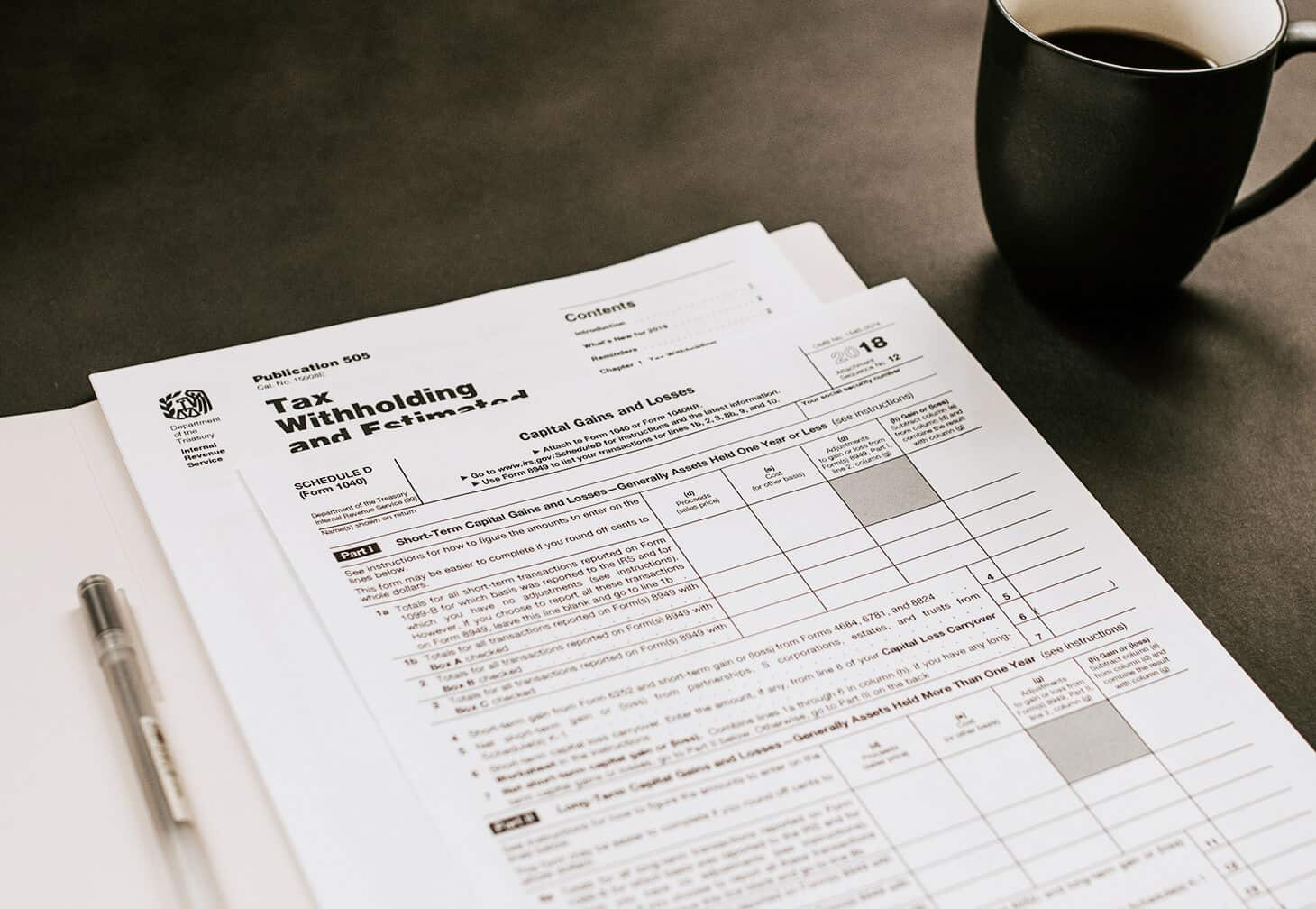Would an angel, private equity or VC investor be more interested in a company that is eligible for federal and/or state R&D tax credits?
Table of contents

If you’re a startup that has received VC funding, there’s a very strong chance that you’re eligible for the R&D tax credit. This is because you de facto fulfill the Research and Development Tax Credit requirements:
- The startup must be new; only startups that have generated revenue for 5 years or less can claim the new tax credit. If you had receipts prior to 2012, then you’re ineligible.
- The startup must have less than $5 million in revenue in 2016 and each subsequent year that you claim the payroll offset.
- The startup’s R&D is specific, technical, experimental and eliminates uncertainty. (No cupcake “startups” here)
So yes, an investor would be more interested in a startup that meets the R&D Tax Credit requirements because they 1) have proven that their R&D work is creating something new/revolutionary/groundbreaking and 2) the founders are smart enough to file for the tax credit, hence saving the investors’ funds.
There are other tax credits that some small businesses take advantage of. However, for a VC backed company (that’s losing money) most of these credits will not be helpful, since they rely on the company generating positive, taxable income. So your best bet is to talk to a CPA, like Kruze, who subscribes to the lists of government incentives and who can help you figure out which, if any, make sense for your particular business.
Categories:
R&D Tax CreditsTable of contents
Recent questions
Top viewed questions
- What happens if the IRS audits me and I do not have the receipt for an expense (assuming it was a legitimate expense)?
- How should convertible note financing be handled on the balance sheet?
- How do startups account for equity and fundraising on the Balance Sheet?
- For startups incorporating in Delaware, what firms are good registered agents to use?
- 2025 Founder Salaries by Stage











